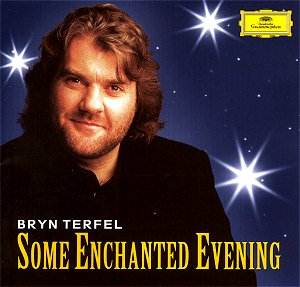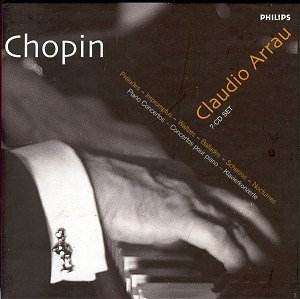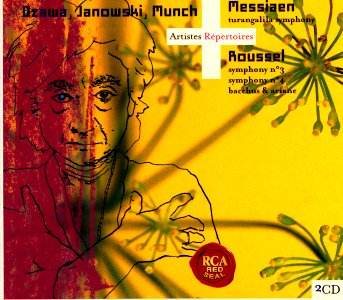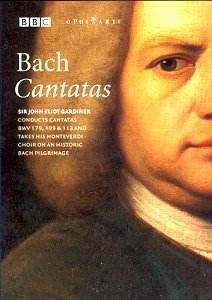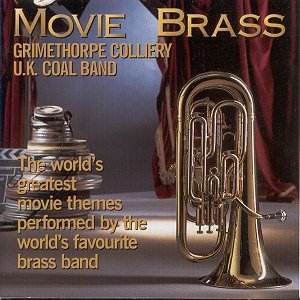 Composer: Various
Composer: Various
Performers: Grimethorpe Colliery U.K. Coal Band, Garry Cutt (conductor)
Recording: Recorded June 2001, Dewbury Town Hall
Label: RCA
The album “Brass 74321883932” features a collection of iconic film themes, showcasing the Grimethorpe Colliery Band under the direction of Garry Cutt. This disc is positioned within a rich tradition of brass band interpretations of popular music, particularly film scores that have become emblematic of the cinematic experience. The selections span various eras and styles, underscoring not just the versatility of the brass band but also the inherent power of the music composed for film.
The album opens with Kenneth J. Alford’s spirited “Colonel Bogey,” which sets a lively tone for the proceedings. Cutt’s interpretation emphasizes the buoyant nature of the march, balancing counter-melodies with a lightness that contrasts sharply with its more straightforward film counterpart. This choice invigorates the performance, allowing the band to showcase their precision and ensemble cohesion. The interpretation diverges from the traditional march form, leaning into a more playful scherzo-like character, which is an astute decision in enhancing the listener’s experience.
Contrast this with the “Dam Busters” March by Eric Coates, where the heavier orchestration in Cutt’s reading lacks the buoyancy of Sir Adrian Boult’s renowned Lyrita recording. Boult’s interpretation, imbued with historical context and emotional resonance, captures the essence of jubilation and relief that accompanies the end of a military operation. Cutt’s version, while technically adept, could benefit from a more nuanced approach to articulation and pacing, particularly in the climactic moments that signify triumph. Here, the difference in interpretative choices raises questions about the role of historical awareness in performance, especially with such a culturally significant march.
The album includes a medley of themes from John Williams, including the “Jurassic Park” and “Star Wars” main themes. The arrangements here are commendable for their clarity, allowing the distinct musical motifs to shine. However, it is noteworthy that Williams’s melodic ideas often evoke a sense of nostalgia that might be lost when rendered in brass alone, lacking the lush harmonics of string orchestration. The “Jurassic Park” theme, strikingly similar to Dan Schutte’s “Here I am, Lord,” invites further scrutiny regarding originality and the interplay of thematic material, which, while fascinating, doesn’t detract from the brass band’s robust execution.
Recording quality is another significant factor; the sound engineering of this album captures the full-bodied timbres of the brass instruments, allowing for a dynamic range that is particularly satisfying in the quieter passages, such as the delicate “Feather Theme” from “Forrest Gump.” The engineering team deserves commendation for achieving a balance that showcases both the power and subtleties of the brass band sound.
The Grimethorpe Colliery Band has long been lauded for their contributions to the brass band repertoire, and this album stands as a testament to their prowess. While some interpretations shine with vivid energy and infectious charm, others leave room for a deeper exploration of the emotional landscapes embedded in the music. The collection serves as a worthy addition for those who appreciate the unique character of brass bands, particularly in the context of film music. The album ultimately manages to entertain and engage, cementing the Grimethorpe Colliery Band’s status as an enduring favorite in the brass world.
